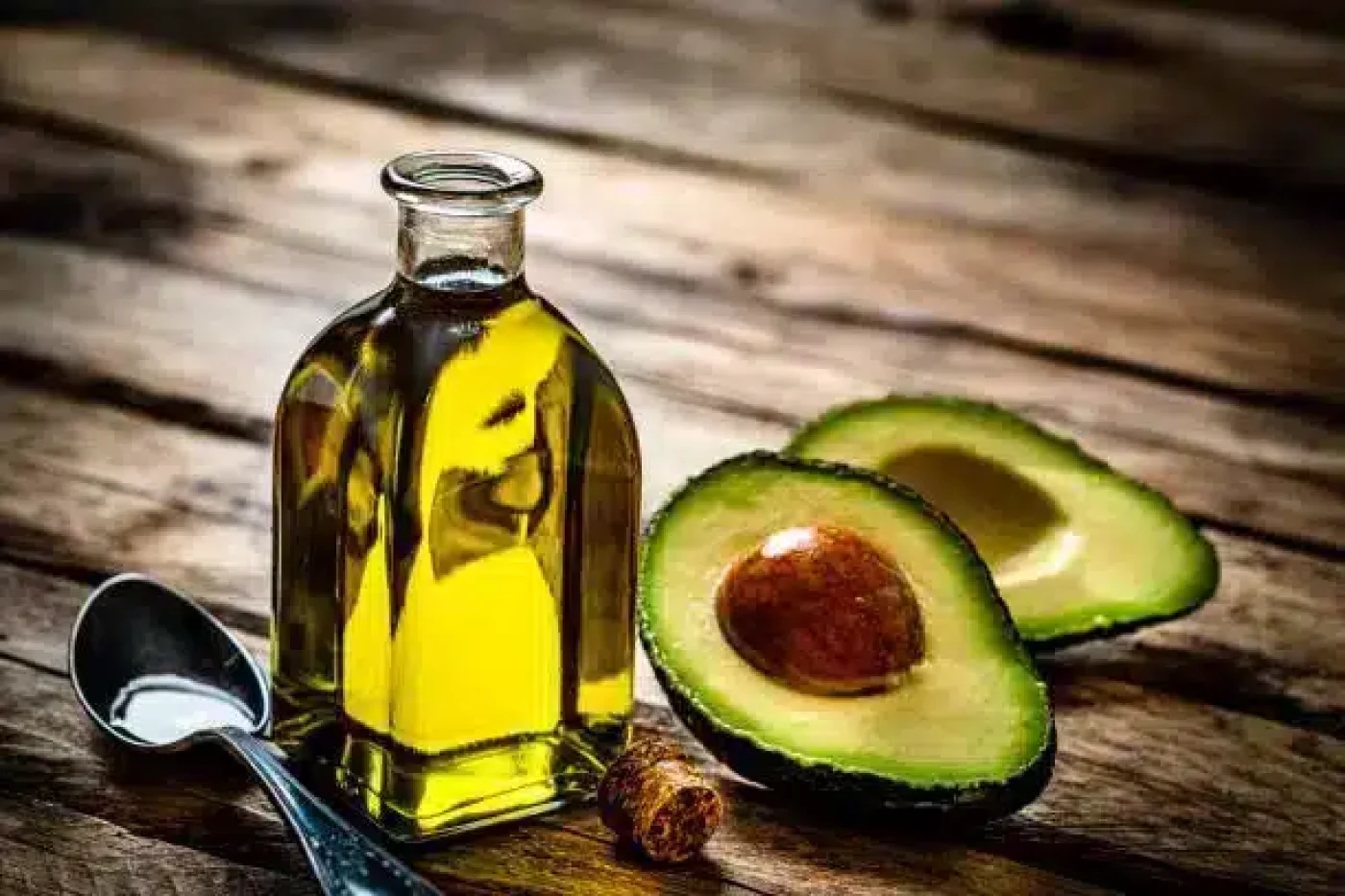
Both oils are healthy and delicious options in the kitchen, but they have some distinct differences. Olive oil is one of the mainstays of Mediterranean cuisine and has been valued for its health benefits for centuries. It is rich in monounsaturated fatty acids, such as oleic acid, which has been linked to a reduced risk of heart disease. Extra virgin olive oil, in particular, is extracted using mechanical methods and has not undergone refining processes, which retains its nutrients and flavor.
On the other hand, avocado oil is a newer option that has gained popularity due to its unique nutritional profile. It’s rich in monounsaturated fatty acids, similar to olive oil, but also contains a significant amount of omega-3 fatty acids, which are beneficial for heart and brain health. It also has a higher smoke point than olive oil, making it ideal for cooking at high temperatures.
Avocado oil’s flavor is unique and is often described as smooth, creamy, and slightly fruity, with nutty undertones. Some people also notice a slight avocado flavor, although this is usually quite subtle. Compared to olive oil, avocado oil tends to be milder in flavor and less pronounced in aroma. Its flavor profile makes it versatile in the kitchen, complementing a wide variety of dishes without overpowering the final taste. In contrast, olive oil tends to have a more pronounced, fruity flavor.
At Aceite del Campo, we remind you that choosing the right extra virgin olive oil is a sensorial journey that allows you to discover a world of unique flavors and aromas. Follow these tips, explore different varieties and brands, and enjoy the health benefits and flavor offered by this precious product of the earth.
The choice of cooking oil is a crucial factor for liver health, especially given the global increase in lifestyle-related diseases, such as non-alcoholic fatty liver disease (NAFLD). The right oil can support liver function, while the wrong one can increase inflammation. Both extra virgin olive oil and avocado oil offer protective benefits, but their ideal use differs depending on the cooking temperature.
Olive Oil: The Ally of the Mediterranean Diet
Extra virgin olive oil is the cornerstone of the Mediterranean Diet and has been consistently validated for its protective effects on the liver. It is rich in monounsaturated fats and polyphenolic antioxidants.
Research, including a 2015 review of nine clinical trials, has shown that regular olive oil consumption can improve markers of NAFLD. Its benefits include reducing liver inflammation, oxidative stress, and insulin resistance, as well as lowering liver fat and enzymes.
Due to its lower smoke point, olive oil is best suited for low- to medium-heat cooking, such as sautéing, salad dressings, or light stir-fries, as high temperatures can degrade its beneficial compounds.
Avocado Oil: The High-Heat Option
Avocado oil has gained popularity as a versatile alternative. Like olive oil, it contains monounsaturated fats and healthy vitamins, such as vitamin E. A 2022 study suggested that avocado oil may mitigate NAFLD by improving mitochondrial function and reducing inflammation.
Its distinctive characteristic is its high smoke point (around 520∘F), which makes it exceptionally stable. This allows its safe use in high-temperature cooking methods, such as frying, roasting, or grilling, where other oils could burn or break down.
Both oils are beneficial for liver health. The choice depends on the cooking method:
It’s vital to prioritize moderation due to its caloric density and to limit or avoid oils such as coconut, palm, butter, ghee, and, in excess, common vegetable oils (corn, sunflower, soybean), which can contribute to liver stress.
Important Note: aceitedelcampo.com promotes the consumption of extra virgin olive oil for its culinary qualities and health benefits. However, no medication or current treatment should be replaced without the guidance of a healthcare professional.
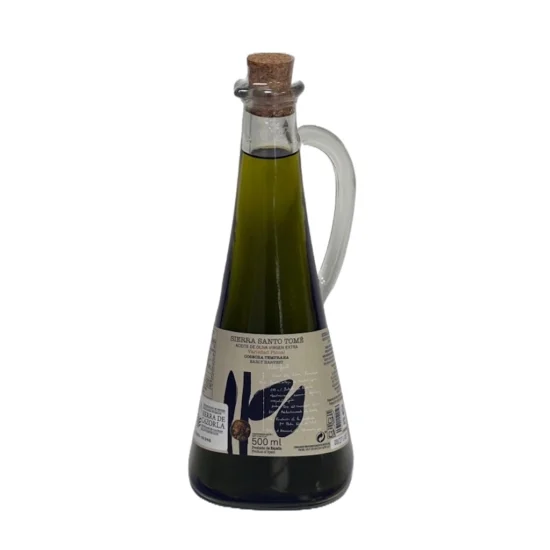
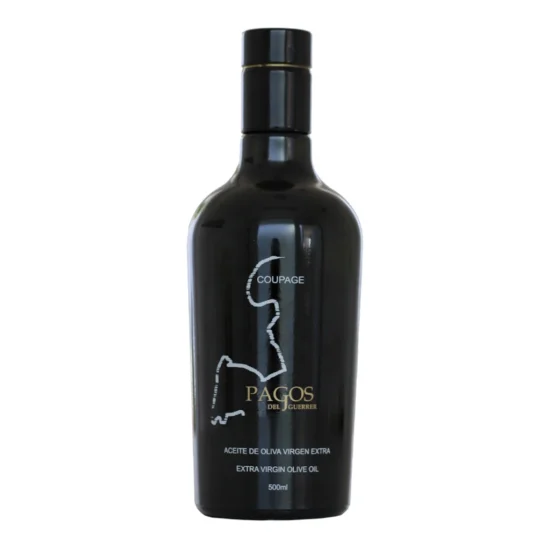
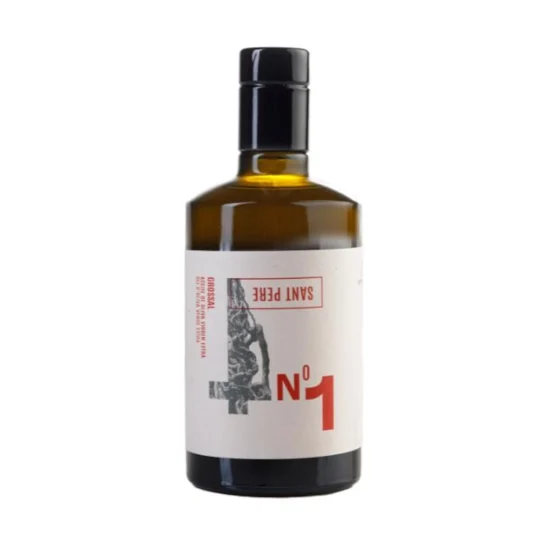
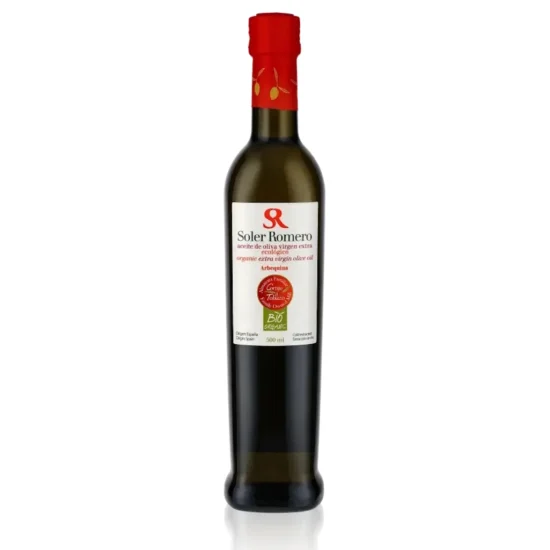
Subscribe and receive a coupon by email for your next purchase.